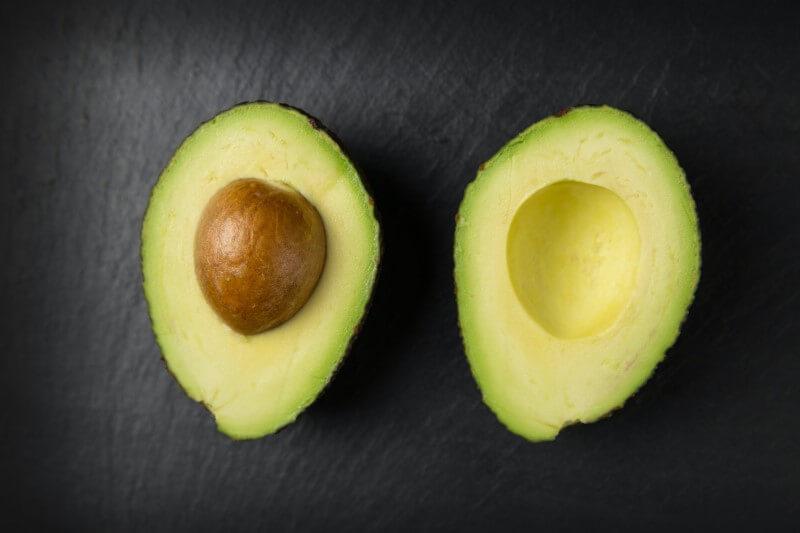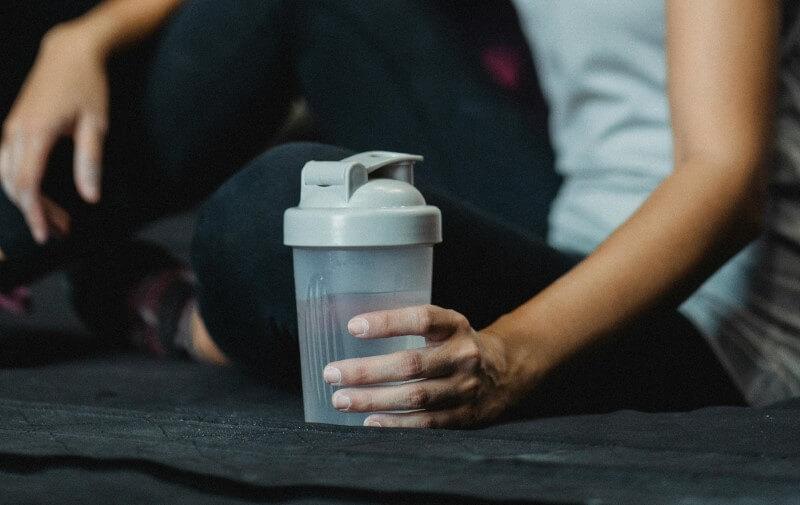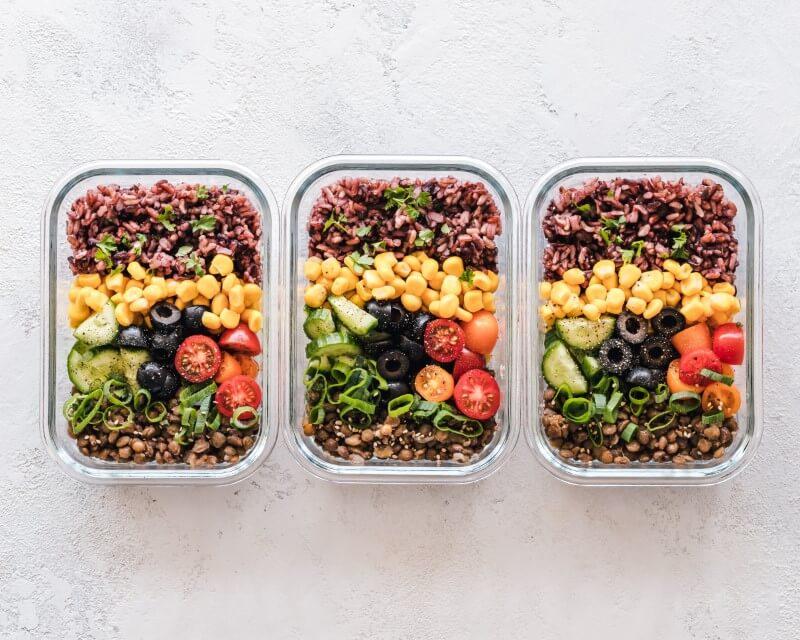
Carbohydrates

Fruits and Vegetables
Numerous studies support the evidence that Vitamin Bs, such as Vitamin B6 (folate), Vitamin B1, Vitamin B12, Vitamin D, and zinc, contribute to the recovery in individuals with depression and anxiety disorders. Vitamin supplements can be beneficial for those experiencing poor dietary habits due to depression and other mental health issues.
Include 4 to 5 servings of green leafy vegetables, fruits, nuts, seeds, and beans to enhance your mental well-being.
Healthy Fats
Did you know that our neurons (or brain cells) are predominantly made of fats? Therefore, a good intake of healthy fats is crucial for maintaining a healthy brain, essential for mood and anxiety. Fats are also necessary for the absorption of fat-soluble vitamins like A, D, E, and K.
Opt for unsaturated fats found in nuts, seeds, olives, and avocados. These fats are also present in some vegetable oils.
Omega-3 has been found to support brain health and is evidenced-based for improving anxiety and depression. Sources include fatty fish like tuna, salmon, and sardines, as well as plants like flaxseeds and walnuts. If you don’t consume fish regularly, consider supplementing your diet with omega-3 supplements, commonly known as fish oil, available in capsules or flavoured syrups.
Choose leaner meats, as animal fats, found in meat, butter, and other dairy products, are generally unhealthy. Trans-fats, found in processed foods like biscuits and cakes, have been shown to be harmful to our wellness, potentially affecting our brain structure.

Hydrate, Hydrate, Hydrate
Our brain is composed mainly of water, so keeping ourselves well-hydrated is helpful in staying calm and maintaining stable moods. Conversely, dehydration can impact our mood. Aim for around 1.5 to 2 litres of fluids daily to stay well-hydrated.
To avoid dehydration, be cautious with caffeinated drinks like tea, coffee, chocolates, and colas. Opt for herbal teas like chrysanthemum instead.
Alcohol can be harmful to mood and anxiety. While a small amount may initially seem to improve mood and reduce anxiety, long-term use can lead to depression, panic attacks, alcohol dependence, and even dementia. Limit alcohol intake to one bottle of wine a week (equivalent to 5 cans of normal strength beer) for women and two bottles of wine (equivalent to 10 cans of beer) a week for men.

How Much Should I Eat?
Follow the guidelines from the Health Promotion Board (2 portions of fruits and vegetables, 1 portion of meat, and 1 portion of carbohydrates).
Start your day with breakfast, trying a local Singaporean diet with multigrain bread (instead of white bread) and half-boiled eggs. Reduce the amount of butter and kaya jam. Choose milk or soya milk, and avoid fruit juices.
Between meals, choose snacks like fruits, nuts, and yogurt, and limit your intake of processed foods like biscuits and cakes.
Remember to have three meals a day, whether you feel hungry or not, as irregular meal intake, such as skipping meals, can lead to excessive hunger—a potent trigger for binge-eating. If you tend to overeat, try mindful eating, being present with your food as you chew.

Try 1 Minute of Mindful Eating
The next time you eat, try this simple exercise. Put aside your phone, focus on a specific food on your plate, and name the colors, smells, tastes, and textures as you eat. It’s akin to savouring an expensive “Mao Shan Wang” durian, enhancing food pleasure, reducing overeating or binge-eating, and allowing you to choose foods that are good for your health.